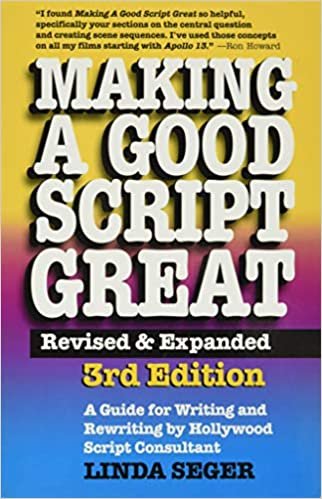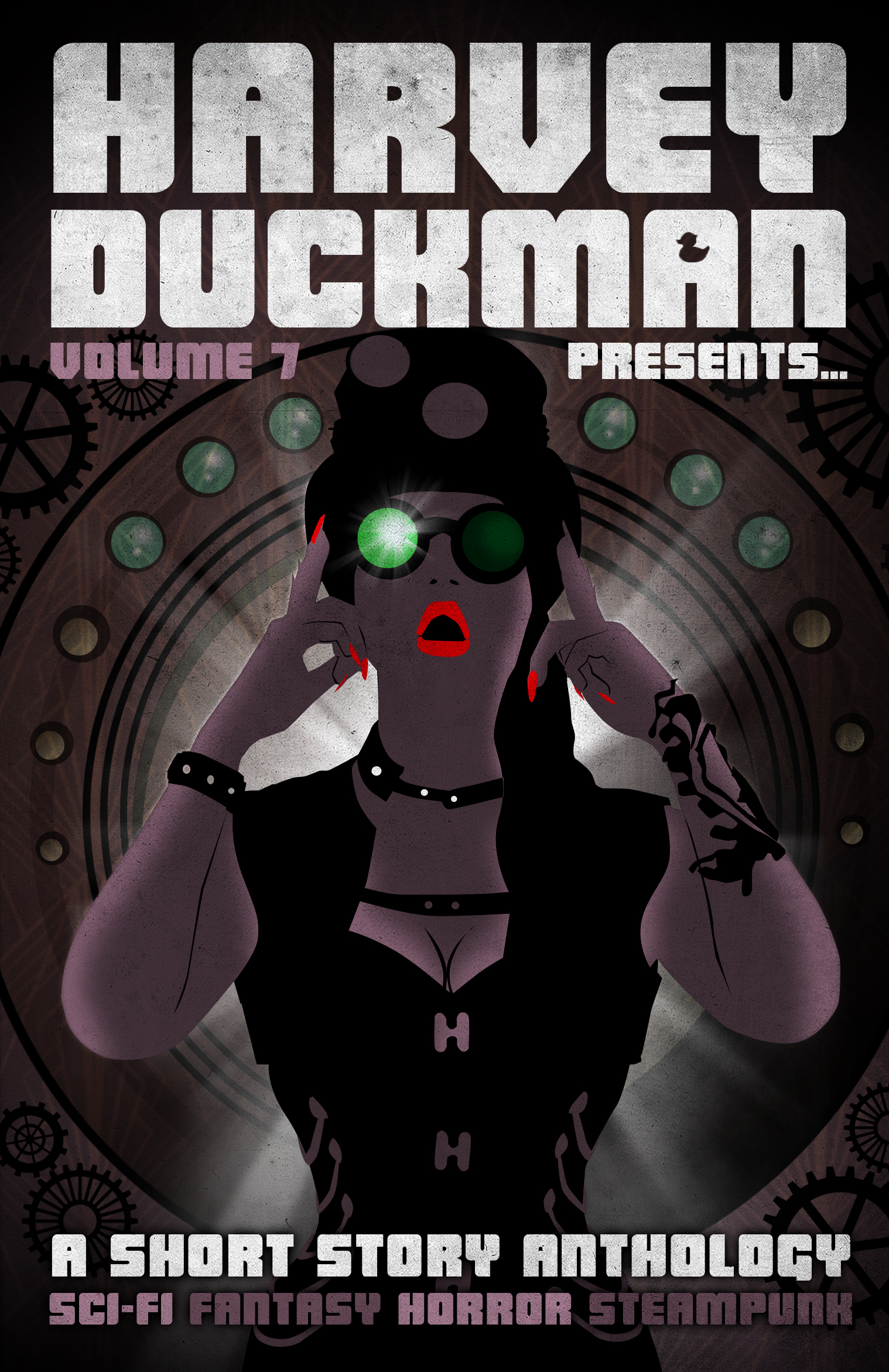a recurring character/setting/element anchoring the reader in the story that keeps the reader interested
I use throughlines in my own writing and mentioned them previously in Using One-Line Summaries to Write Better Stories and Writing Mentoring.
Recent conversations demonstrated confusion; some people thought a throughline is the same as a plot line, some thought a throughline was an expanded TOC (Table-of-Contents), some thought…
I appreciate the confusion.
I also appreciate Einstein’s “If you can’t explain it to a six year old, you don’t understand it yourself.”
Therefore, I’m either about to explain throughlines to a six-year old or demonstrate I don’t understand it myself.
Let me know which I achieve.
Greetings! I’m your friendly, neighborhood Threshold Guardian. This is a protected post. Protected posts in the My Work, Marketing, and StoryCrafting categories require a subscription (starting at 1$US/month) to access. Protected posts outside those categories require a General (free) membership.
Members and Subscribers can LogIn. Non members can join. Non-protected posts (there are several) are available to everyone.
Want to learn more about why I use a subscription model? Read More ch-ch-ch-ch-Changes Enjoy!


